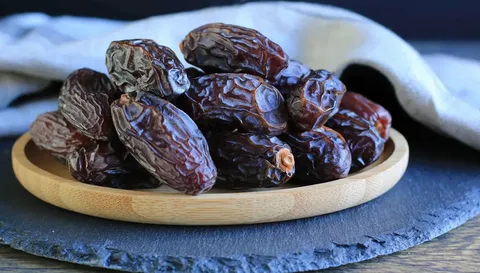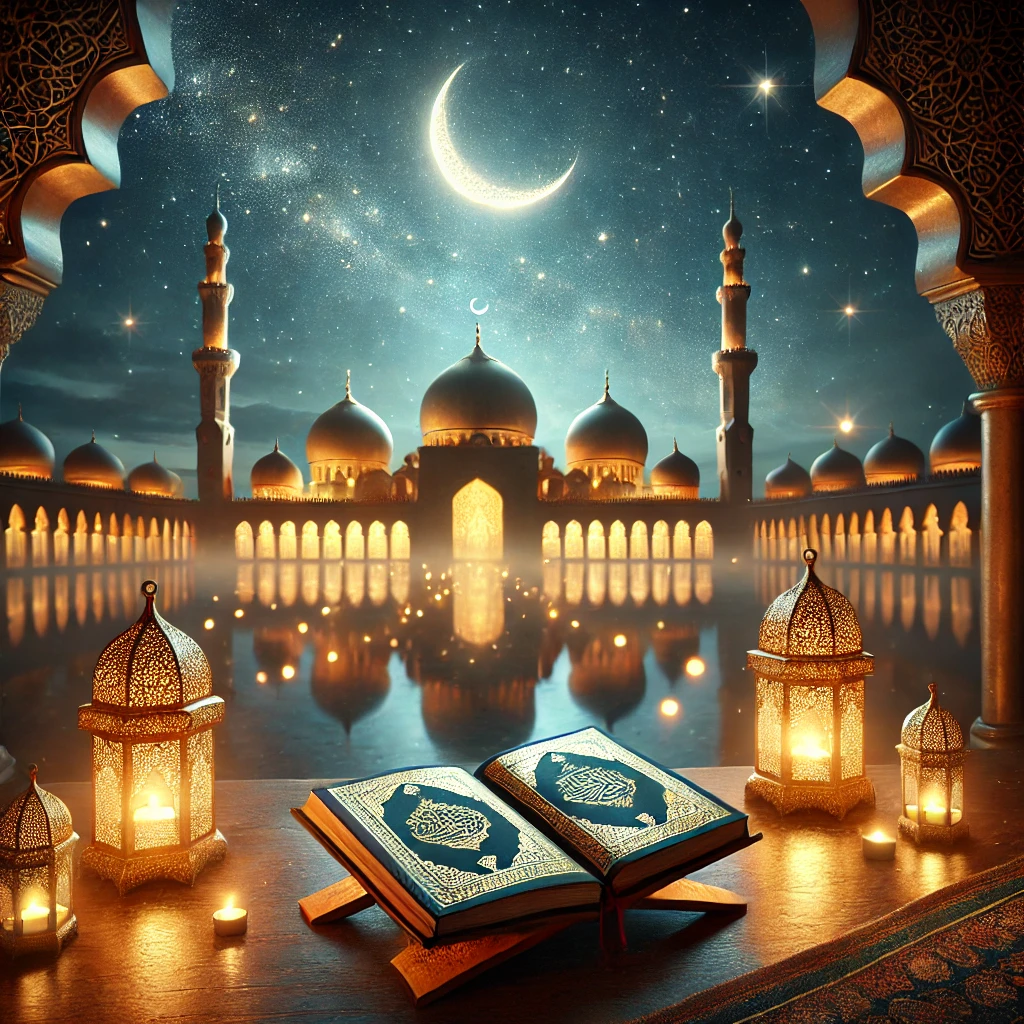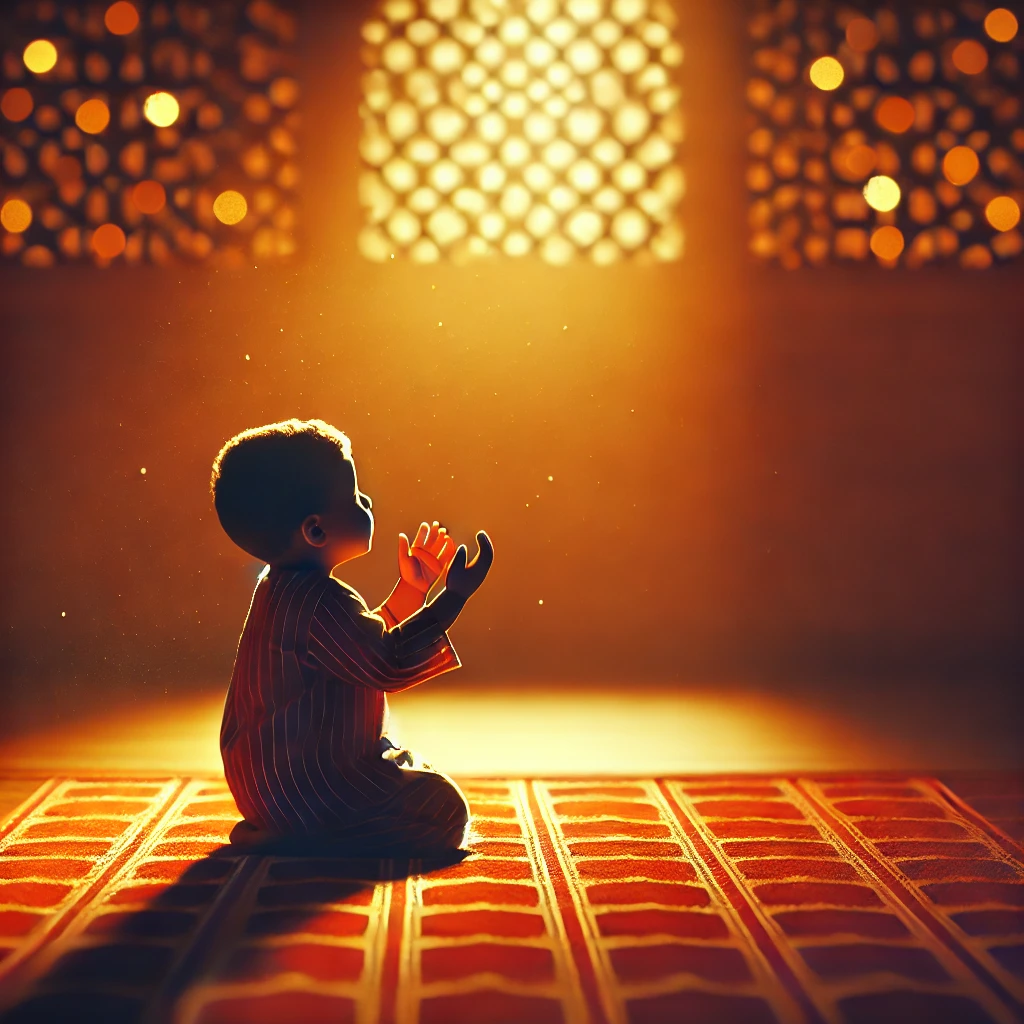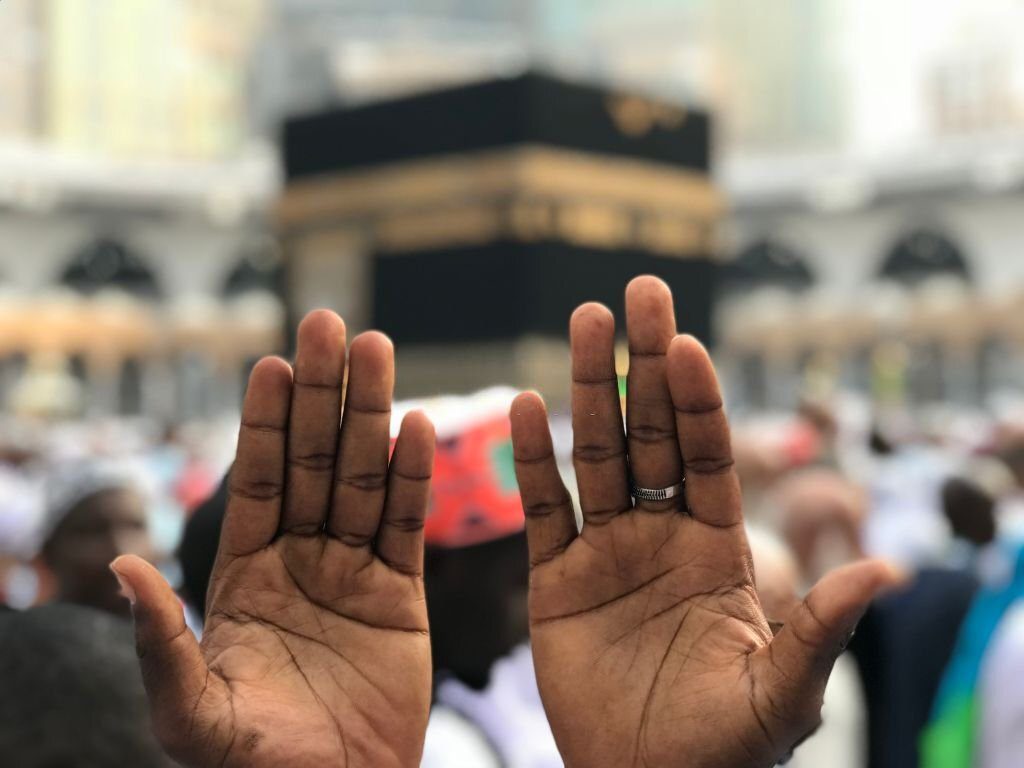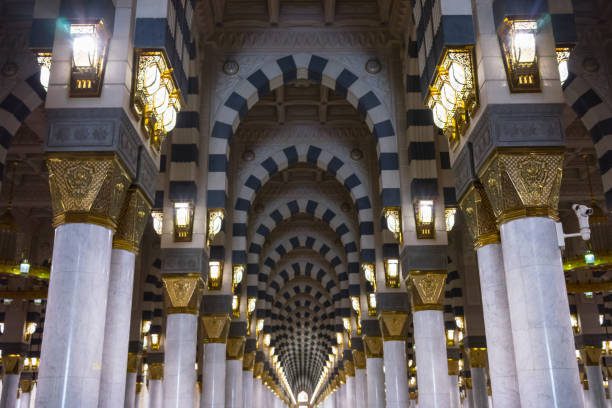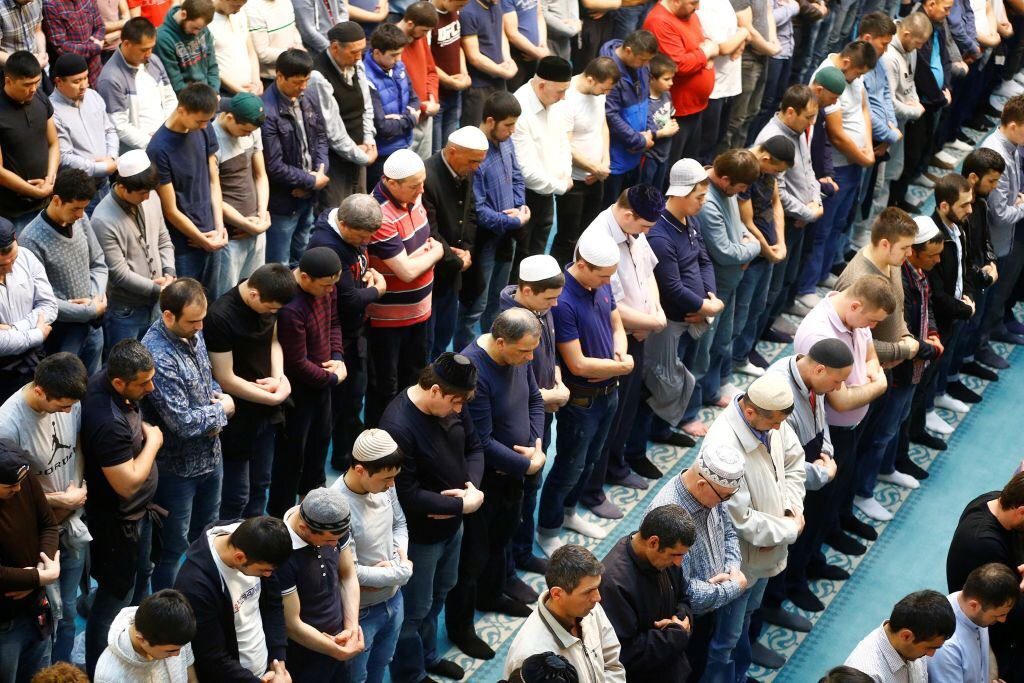Hajj is one of the necessary foundations of Islam. Abdullah ibn Umar (rA) quoted the Prophet ﷺ as saying:
“Islam has been built on five (pillars): testifying that there is no god, but Allah, and that Muhammed is the Messenger of Allah, performing the prayers, paying the zakah, making the pilgrimage to the House, and fasting in Ramadan”. (Bukhari and Muslim)
Hajj is a unique journey. It is an invitation from Allah to be His guest. Abdullah ibn Umar (rA) narrated that the Prophet ﷺ said,
“The one striving in the cause of Allah and the one performing Hajj and the one performing Umrah are all the delegation of Allah. He calls them and they respond to His call, and they ask Him and He answers their supplication.” (Ibn Majah)
Allah ta’ala mentions the blessing of the Ka’aba in Surah Al Baqarah, 2:125
And [mention] when We made the House [i.e., the Kaʿbah] a place of return for the people and [a place of] security. And take, [O believers], from the standing place of Abraham a place of prayer. And We charged Abraham and Ishmael, [saying], “Purify My House for those who perform ṭawāf1 and those who are staying [there] for worship and those who bow and prostrate [in prayer].”
Hajj is the journey of a lifetime. Any journey that we undertake requires preparation.
Hajj Preparation
Mental
Purify your Intention. Stay focused on why you are making the journey and what you wish to achieve from it. Set clear goals for yourself. Educate yourself on how to perform Hajj. Absorb the essence of each ritual while you are there. Minimize distractions. Unplug yourself from social media. Be in the mindset to surrender yourself to Allah completely. Be mindful of your ibaadah and duas. Make sure your dua comes from the heart.
Hajj is a journey of sabr. Practice controlling your temper. Be forgiving, kind and helpful to those around you.
Mentally prepare for unexpected events that may occur. Be prepared to make sacrifices in the path of Allah. Recall the willingness of Ibraheem AS to sacrifice his son at this place. Recall the sacrifice of Hajar and how she ran from one mount to another in the middle of the desert.
Physical
The rituals of the Hajj are physically challenging. Before embarking upon the journey, engage in strength building exercises and start a routine that involves walking. Focus on your health and consult your physician and nutritionist. Make sure you are vaccinated and have all necessary medications packed. Improve your immunity. Drink lots of water and keep yourself hydrated and energized with Zam Zam and dates while there.
Keep good companionship and learn to be accommodating and flexible with other pilgrims arriving from different parts of the world. Hajj is also a time to form new connections, to facilitate trade and to exchange information and culture. It is a time to connect with the Seerah as you physically get to see the historical places the Prophet ﷺ frequented.
Spiritual
Every person’s spiritual journey is unique. Hajj is a journey of body and soul. The best provision to take on Hajj is taqwa (Allah consciousness).
And take provisions, but indeed, the best provision is taqwa (righteousness/Allah consciousness).
(Al Baqarah 2:197)
Before heading out for Hajj make sincere repentance. Reflect on your shortcomings and make amends. Resolve unsettled issues with people. Purification of the soul is the goal.
Establish a strong connection with Allah. Perfect your salah. Know that the real purpose of these rites is to submit to Allah with complete devotion. Instead of following the rites mechanically, connect the rituals with the real-life events of Ibraheem AS, Ismail AS and Hajar. Relate to their experiences while drawing lessons from them. Have tawakul in Allah that if you strive in His path, He will grant from places you can never imagine like He blessed Hajar with Zam Zam water in the middle of the desert.
Practice self-reflection. The standing at Arafat is a reminder of the Day of Judgement. Pour your heart out to your Rabb as you make duas at Arafaat.
Remember Those Who Suffer
Hajj is a time for hope and renewal of faith. It strengthens our connection with our Creator while fortifying the bond with the believers. Ihram provides uniformity. Hajj connects the Muslims from all over the world in one international brotherhood.
Nu’man bin Bashir (rA) reported: Messenger of Allah ﷺ said,
“The believers in their mutual kindness, compassion and sympathy are just like one body. When one of the limbs suffers, the whole body responds to it with wakefulness and fever”. (Bukhari and Muslim)
Kaaba is a place of return; it is a sanctuary.
And [mention] when We made the House [i.e., the Kaʿbah] a place of return for the people and [a place of] security (Al Baqarah, 2:125)
It is a reminder for the believers that just as Allah has blessed us with peace and security, we have the responsibility to provide a sanctuary for those facing turmoil, fear and pain. Be a source of support and safety to those who have been driven away from their homes.
Those Not Traveling for Hajj
The first ten days of Dhul-Hijjah are the best days of the entire Islamic year. Those who are unable to make it to Hajj can engage in many praiseworthy tasks to make the most of these blessed days.
Do lots of Dhikr
Dhikr (remembrance of Allah) is vast in its meaning. Reciting the Quran is one of the best forms of Dhikr. Recite a great deal of tahleel, takbeer, and tahmeed. The Eid takbeer is an example of this dhikr (Allahu Akbar, Allahu Akbar, La Ilaha Ilallahu Wallahu Akbar, Allahu Akbar, Wa Lillahil Hamd).
Seek Repentance
Repentance brings us closer to Allah and cleanses our souls. Allah say in Surah Hud, 11:3
Seek forgiveness of your Lord and repent to Him, [and] He will let you enjoy a good provision for a specified term and give every doer of favor his favor.
Fast
It is Sunnah to fast on the first nine days of Dhul-Hijjah. In a hadith Qudsi, Allah says, “All the deeds of the son of Adam are for him, except fasting, which is for Me, and I shall reward for it”. (Bukhari)
If you are unable to fast all the nine days, fasting just the Day of Arafah, the 9th of Dhul-Hijjah, has immense blessings. The Prophet ﷺ said, “It (fasting on the Day of Arafah) expiates the sins of the past year and the coming year”. (Muslim)
Offer Udhiyah (Qurbani)
The Prophet ﷺ said,
“No human performs a deed on the day of Sacrifice (i.e., the 10th of Dhul Hijjah) more beloved to Allah than the sacrifice of an animal. On the Day of Judgment, it (the sacrificed animal) will appear with its horns, and hair, and hooves, and indeed its blood will be accepted by Allah from where it is received before it even falls upon earth, so let your heart delight in it.” (Ibn Majah)
Give Charity (Sadaqa)
Hasan al-Basri (rh) said, ‘Going to fulfil the need of your brother is better for you than performing Hajj after Hajj’.
Lend a helping hand. Even a smile is a Sadaqa.
Increase in good deeds
Ibn Abbas (rA) reported that the Prophet ﷺ said, “There are no days in which righteous deeds are more beloved to Allah than these ten days.” (Ibn Majah)
Pray Tahajjud and increase your nawafil. Make lots of duas. Practice gratitude. Visit the sick. Feed the hungry. Be there for your community. Attend Eid Salah.
Conclusion
Preparing for Hajj requires comprehensive mental, physical, and spiritual readiness.
Mentally, pilgrims must cultivate patience and resilience to navigate the journey’s challenges. Physically, they should enhance their stamina through regular exercise, ensuring they can endure the rigorous demands of the pilgrimage. Spiritually, deepening one’s connection with Allah through prayer, fasting, and study of the Quran is essential.
This holistic preparation ensures that pilgrims can fully immerse in the profound and transformative experience of Hajj, fulfilling their obligations with devotion and mindfulness.

